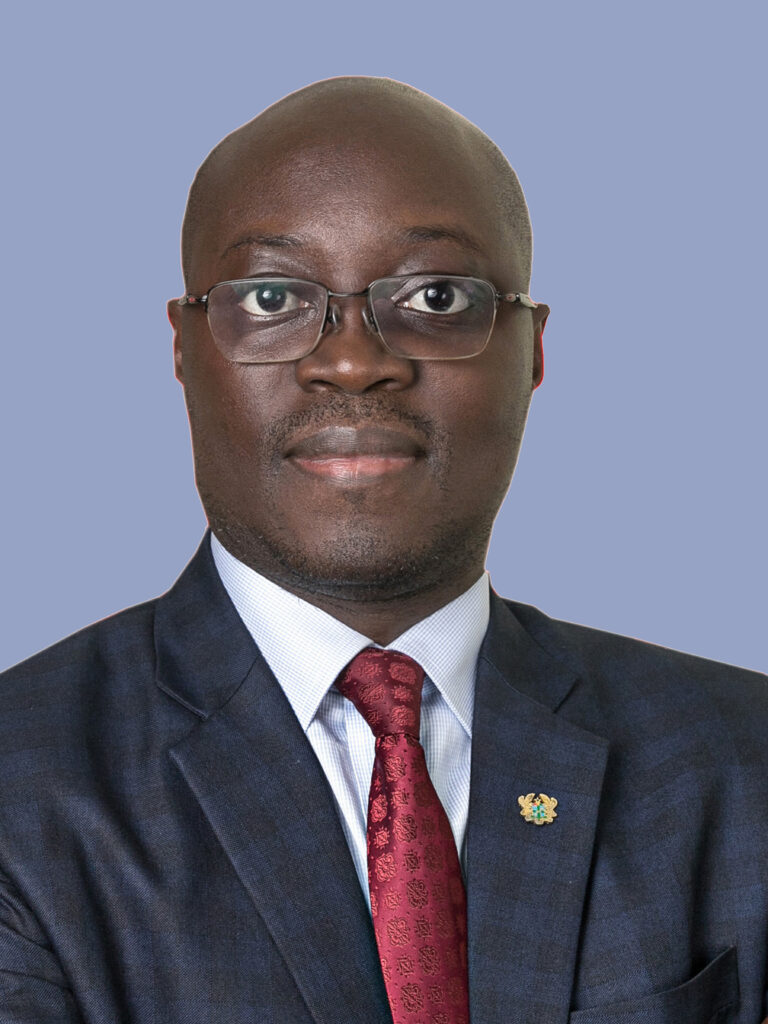…as Curtains Close on 2026 Budget Hearings
By Nelson Ayivor
Hearings have officially come to an end, marking an important milestone in Ghana’s budget preparation process.
Hosted by the Ministry of Finance, the hearings served as a strategic platform for all Ministries, Departments, and Agencies (MDAs) to present and defend their budget proposals, while also accounting for their financial and non-financial performance in the current fiscal year.
The final session, held today, September 29, 2025, at the Ministry of Finance, saw presentations from the Ministry of Gender, Children and Social Protection, the Ministry of Finance itself, and the Ministry of Works and Housing. These presentations underscored the government’s commitment to ensuring that resources are allocated responsibly and aligned with national priorities for 2026.
The budget hearings are not just a formality; they are an essential part of Ghana’s public financial management system. Mandated under Regulation 17(3) of L.I. 2378, the Public Financial Management Regulation (2019), the process ensures alignment, accountability, and transparency in national budget planning.
Through these hearings, the Budget Office engages Covered Entities after the submission of their proposals. The sessions provide a platform to review existing performance, identify gaps, and critically assess budget allocations for the year ahead. This ensures that Ghana’s limited resources are directed towards programmes and projects with the highest potential impact.
Key Ministries at the Forefront:
The final day of the 2026 Budget Hearings placed the spotlight on three ministries whose mandates touch the core of Ghana’s social and economic development. The Ministry of Gender, Children and Social Protection presented proposals aimed at strengthening social protection initiatives designed to safeguard the vulnerable, reduce poverty, and promote gender equality. At a time when socio-economic pressures continue to weigh heavily on many households, the ministry’s plans underscored the importance of creating safety nets that can cushion marginalized groups and ensure inclusivity in national development.
The Ministry of Finance, on its part, outlined fiscal strategies focused on stabilizing the economy and ensuring prudent management of public resources. Its presentation emphasized measures to improve revenue mobilization and enhance efficiency in government spending, reflecting a commitment to maintaining economic stability while creating fiscal space for development priorities. This emphasis on accountability and discipline is central to Ghana’s broader efforts to restore confidence in the economy and attract investment.
Equally significant were the proposals from the Ministry of Works and Housing, which highlighted infrastructure and housing development as pressing national priorities. With a growing housing deficit and increasing demand for improved living standards, the ministry’s agenda centered on projects that would expand access to affordable housing and improve water systems across the country. By addressing these challenges, the ministry seeks to lay the foundation for sustainable urban growth and a better quality of life for Ghanaians.
Accountability and Alignment at the Core:
One of the most striking aspects of the hearings was the emphasis on accountability. By reviewing the financial and non-financial performance of MDAs, the Ministry of Finance reaffirmed its commitment to a results-oriented budget process. The scrutiny of expenditures and achievements ensures that taxpayer funds are not only accounted for but are also used effectively to drive development outcomes.
Alignment was another critical theme. The hearings are designed to ensure that the proposals of all ministries and agencies align with the national development agenda. This prevents duplication of efforts, promotes synergy, and maximizes the impact of government programmes across sectors.
A Platform for Transparent Governance:
The hearings serve as a demonstration of transparent governance. By involving all MDAs in a structured process and subjecting their proposals to review, the Ministry of Finance enhances public confidence in the budget system. This transparency is crucial in building trust with stakeholders, including development partners such as the World Bank, African Development Bank, and bilateral donors.
As the curtains close on the 2026 Budget Hearings, attention now shifts to the drafting and presentation of the national budget itself. The proposals reviewed during these hearings will form the foundation of the budget statement to be presented to Parliament later this year.
The 2026 budget is expected to balance competing demands: economic stabilization, social protection, and infrastructure development. With Ghana navigating global economic uncertainties and domestic fiscal pressures, the decisions taken in this budget could define the country’s growth trajectory for years to come.
The end of the 2026 Budget Hearings marks the beginning of Ghana’s fiscal roadmap for the coming year. With ministries putting forward ambitious proposals and the Ministry of Finance emphasizing alignment and accountability, the stage is set for a national budget that aims to deliver both stability and progress.
The ultimate test will lie in implementation — ensuring that the carefully crafted budget translates into tangible improvements in the lives of ordinary Ghanaians.


